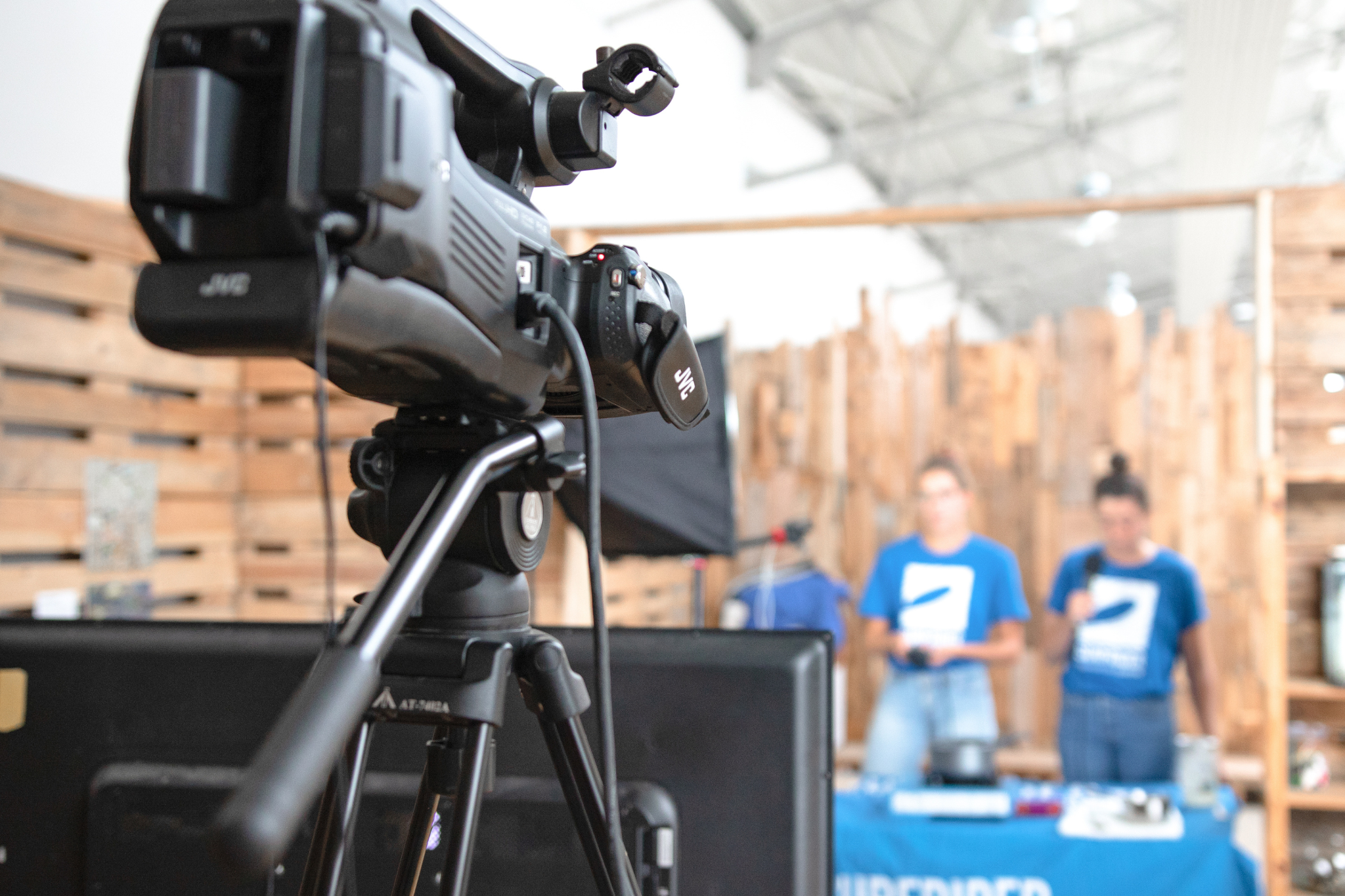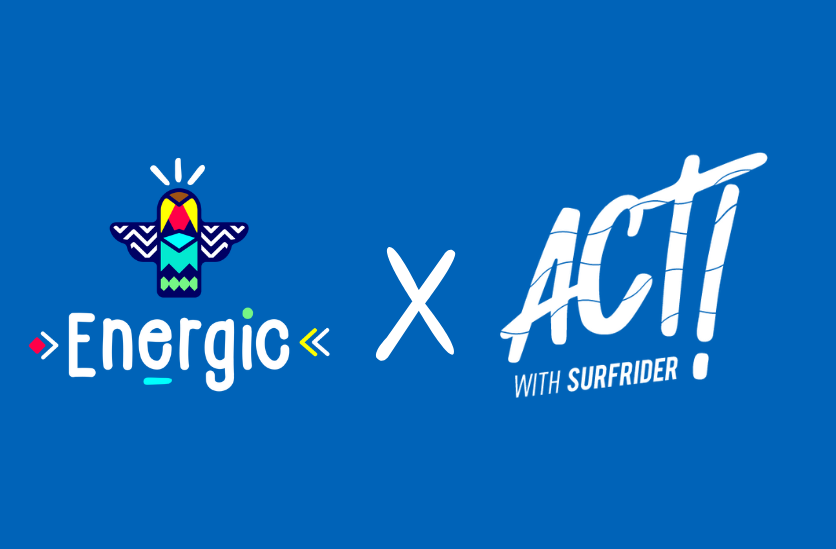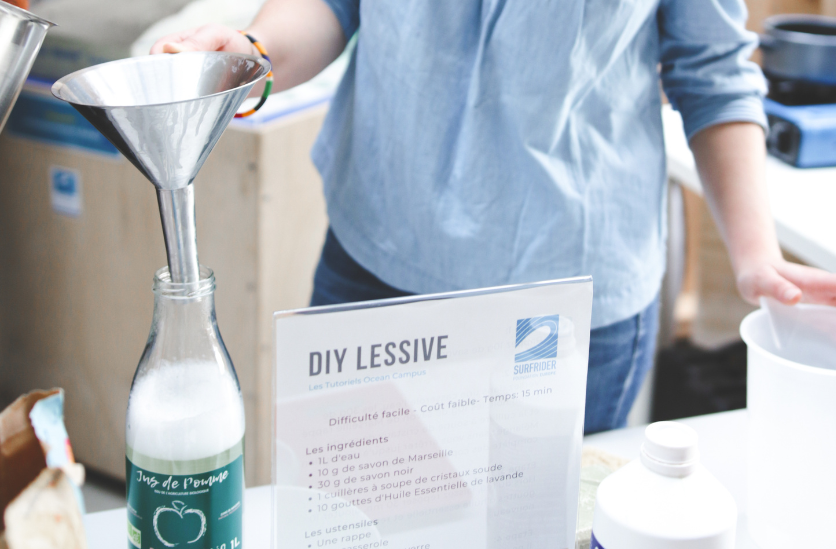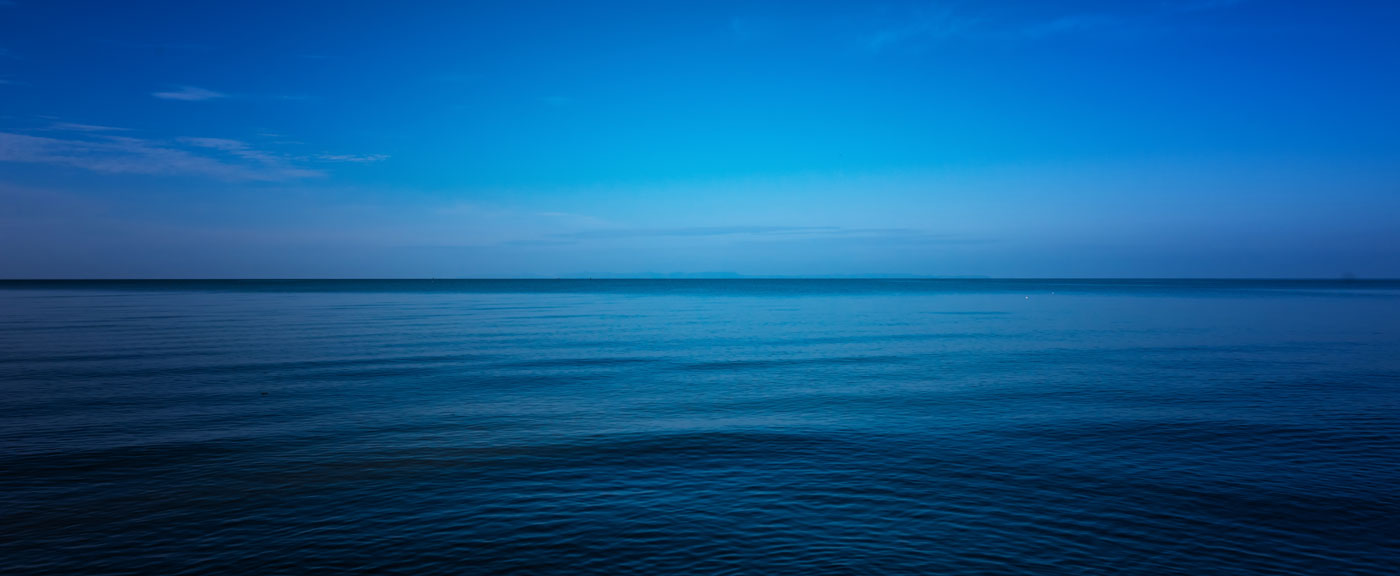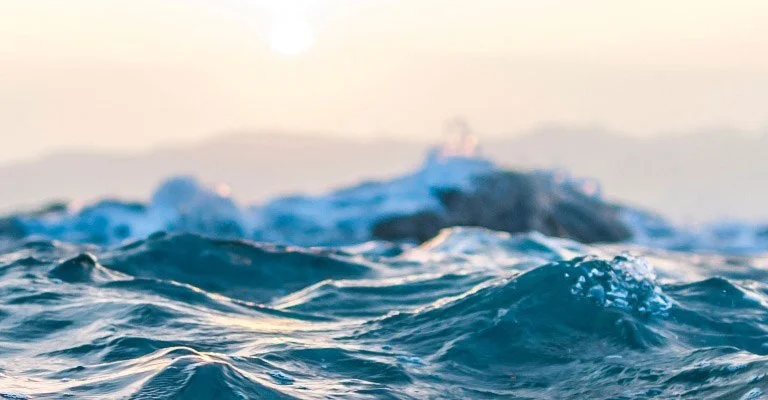

Surfrider is well-known for its Ocean Initiatives, those famous waste cleanups on beaches, rivers, or even in city centers throughout Europe. With Act! with Surfrider, we organize tailored Ocean Initiatives for companies and their employees to familiarize as many people as possible with the issues of plastic waste in our Ocean!
At Surfrider, it is important for us to highlight that these cleanups are not just beach cleaning operations; we are collecting waste that turns out to be valuable data. Indeed, by sorting and counting after each cleanup, your employees participate in a broader movement and become actors in "citizen science."
But what is citizen science? It is a form of knowledge production resulting from collaboration between professional scientists and amateur citizens, laboratories, and associations. It is essentially the participation of non-professional scientific actors in the sphere of science. These research projects have the advantage of bridging science and the general public, lending credibility to this field which can sometimes seem inaccessible. Finally, it makes possible the valorization of other forms of knowledge, while making science more understandable and accessible to the entire population.
Through the Ocean Initiatives we organize, citizen science translates into the sorting we carry out at the end of each cleanup. Specifically, at the end of the collection, we spread the collected waste on large tarps and sort them into around thirty categories. The idea is to sort and count them by categories. Then, after the event, our team records this data on the Ocean Initiatives website, allowing us to publish a top 10 of the waste collected.
These data provide an annual overview of plastic pollution in Europe and allow comparison of these figures from year to year. We share the results with several academic and scientific bodies (such as IFREMER) and national (such as Marine Nature Parks, CEREMA, the Ministry of Environment, etc.) and European programs (the European Environment Agency and the European Commission).
These results also enable us to support our political advocacy discourse to change laws at the French and European levels: Surfrider's Advocacy team meets with French and European parliamentarians to share the results and to advocate for the banning of certain packaging or single-use items. We co-develop our political advocacy with coalitions of associations such as FNE, Seas at Risk, Break Free from Plastic.
Finally, the data are also used for awareness-raising purposes on our Ocean campus website and as a communication tool on our social networks.
Thus, thanks to this data, we have achieved several victories in recent years, notably with the adoption in 2019 of the European Directive against Single-Use Plastics, which banned a number of plastic products:
Thanks to this collection work, our requests with the Break Free From Plastic coalition could rely on credible data.
In 2023, here is the top 10 of the waste items found during the Ocean Initiatives cleanups:
To go further, feel free to check out the 2023 Ocean Initiatives report, which is available right here.
See you soon for a cleanup!
